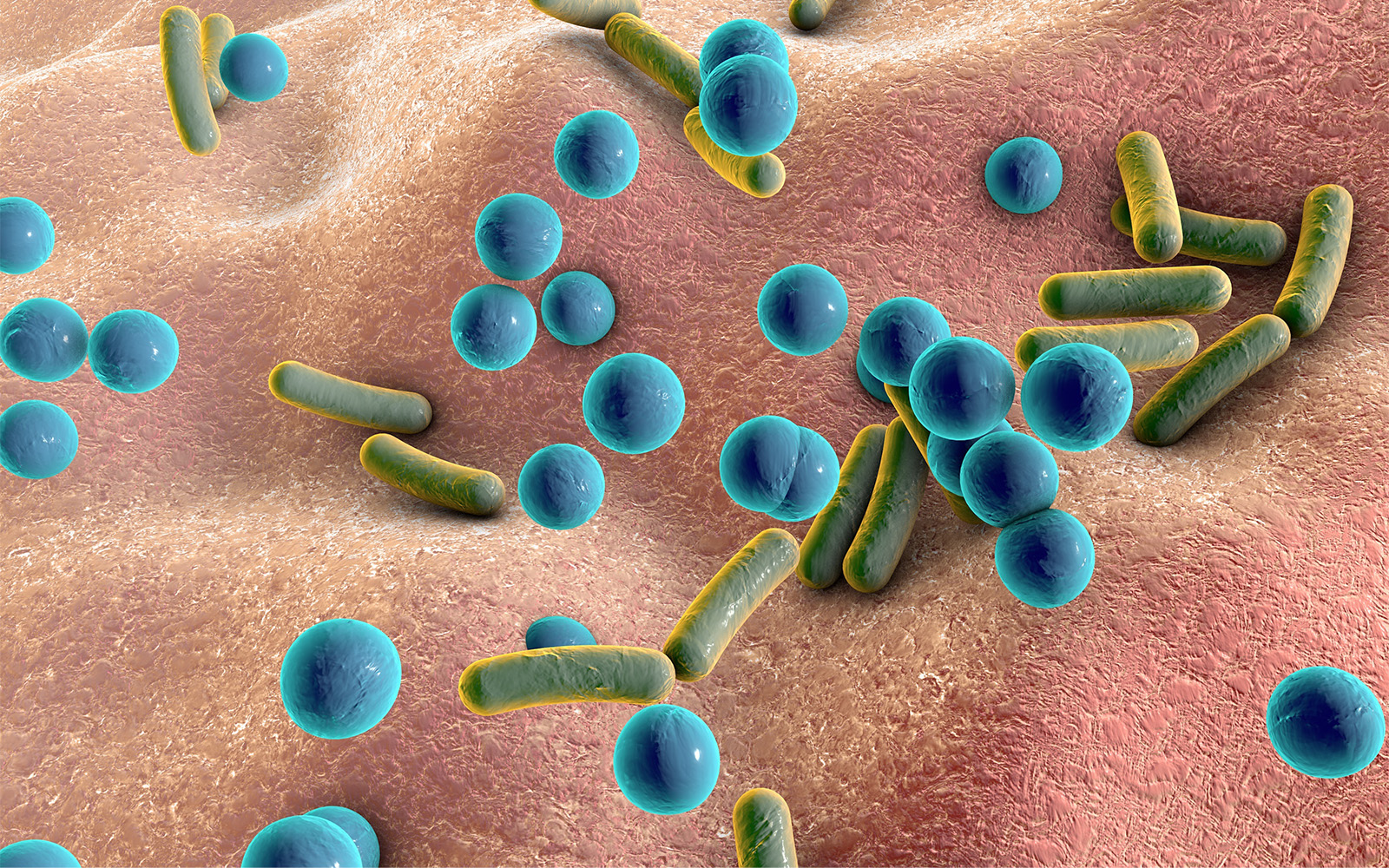Ichthyosis is a group of rare genetic skin disorders that gets its name from the Greek word "ichthys," which means fish. Exaggerated inflammatory responses associated with the condition impair the skin’s natural barrier, causing it to become extremely dry, scaly and rough, resembling fish scales.
Researchers have been interested in how the skin’s microbial communities become disrupted in people living with the various genetically defined types of ichthyosis, and whether this might be the root cause behind the frequent infections and severe inflammation they experience.
John Common, Deputy Executive Director at A*STAR Skin Research Labs (A*SRL), explained that current treatment options for ichthyosis patients are not ideal and that adding a regimen of topical therapeutic products containing ‘good’ bacteria, their products or prebiotics, to encourage beneficial microbes may improve quality of life for patients.
Common forged a collaboration with an international team of researchers from Northwestern University and Mount Sinai Medical Center, as well as researchers from A*STAR’s Singapore Immunology Network (SigN) to study how ichthyosis impacts the skin’s flora. Together, they collected skin samples from both healthy participants and patients with congenital ichthyosis. Using metagenomics, the team studied the genetic diversity and composition of communities of microorganisms present in the skin samples representing various types of ichthyosis.
The researchers discovered that the microbiome of ichthyotic skin differs from that of healthy skin in having fewer types of bacteria. They observed fewer ‘good’ bacteria such as Staphylococcus hominis that are known to stop the overgrowth of infection-causing bacterial strains.
“This suggests that a new anti-microbial treatment may also be applicable to ichthyosis,” explained Common, who added that a similar strategy has been used successfully for treating atopic dermatitis, another related chronic skin condition.
Interestingly, the team saw a marked increase in fungal species that are typically absent from healthy skin but seem to thrive in skin from ichthyosis patients. They hypothesised that the uptick in fungal and bacterial species could be stimulating the pro-inflammatory immune responses typically seen in congenital ichthyosis.
The researchers are currently building a library of healthy skin microbial strains which they will use to test the utility for skin treatments to enhance skin health. “We envisage that candidate molecules and microbes that we characterise can be useful for improving various dry skin conditions such as ichthyosis and atopic dermatitis,” concluded Common.
The A*STAR-affiliated researchers contributing to this research are from the A*STAR Skin Research Labs (A*SRL) and the Singapore Immunology Network (SigN).






